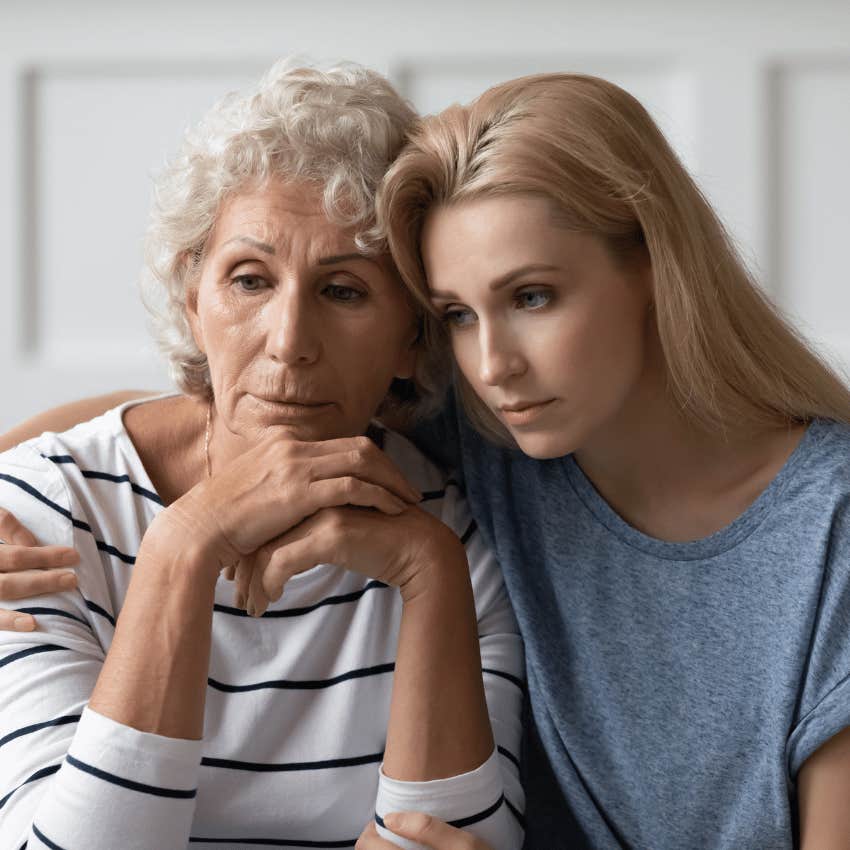The Painful Secret Divorced And Widowed People Know (That Newly Married Couples Don't)
Becoming newly single can be a revelation, and not always in a good way.
 Joshua Rawson-Harris | Unsplash
Joshua Rawson-Harris | Unsplash When I first taught a class on singlehood in 1999, a graduate student told me a story that stunned me. She said that her mother and her romantic partner used to socialize every weekend with another couple. That had been going on for quite some time. When her mother and her partner broke up, her mother called the woman from the other couple to tell her.
They had a long talk and the friend offered her empathy and support. At the end of the conversation, though, she said she was sorry she wouldn’t see her that weekend. The two women had had an enduring friendship, but that did not seem to matter; without her partner, the newly single woman was no longer welcome to socialize with the other couple.
I’m no longer shocked by stories like that because by now, I’ve heard plenty of them. I still wonder when I hear them, though, whether the couples who ostracize their newly single friends realize how rude, hurtful, stigmatizing (and in my opinion, immature) that can be.
This story is a painful example of singlism — the stereotyping, stigmatizing, and marginalizing of single people, and the discrimination against them.
In an article in the Journal of Family Theory and Review, “Singlehood during later life,” Ashley E. Ermer and Jaclyn Elisa Keenoy of Montclair State University, suggest that newly single people may become sensitized to singlism in a way that they had not been when they were married. “Married people often do not realize that they are perpetuating singlism until after they transition into singlehood after a marital loss,” they observed.
Research has found that the loss of a spouse is one of the most damaging life events, next only to the loss of a child. Ironically, the disorganization and trauma that follow the death of a spouse seem to be greater in women than in men whenever either loses their spouse.
Do couples who ostracize their newly single friends realize how rude, hurtful, stigmatizing (and in my opinion, immature) that can be? The social scientists pointed to research documenting “dyadic withdrawal,” academic jargon for what often happens when coupled relationships develop and the couple spends more and more time with each other and less time with the other people in their lives.
 fizkes | Shutterstock
fizkes | Shutterstock
When couples do socialize with other people, those people are increasingly likely to be other couples (rather than their single friends), though I do not know of any systematic research documenting that.
People who have been single for many years are typically quite accustomed to these interpersonal dynamics. If their coupled friends and relatives think of coupledom as a special club into which they have gained entrance (and not all do), then they may have demoted their single friends from dinners together to lunch, from including them as a matter, of course, to include them as a special favor.
The implications go beyond hurt feelings. As Ermer and Keenoy point out, getting marginalized by friends and relatives who become coupled is a loss of social support. The single people “may need to regroup their social networks after friends and family marry.”
The single people who like being single and who have invested in their single lives, such as the single at heart, are more likely to adapt well after that happens, because they may have developed a more robust social network of “The Ones” rather than focusing on a search for “The One.”
Although both widowhood and divorce mark the end of a marital relationship, widowhood begins when a loved one dies. Divorce begins when both spouses sign a legal document. Research from Oxford University also stresses the importance of family members and friends as a means of support and understanding to the single older woman.
 cottonbro studio | Pexels
cottonbro studio | Pexels
Getting marginalized by friends and relatives who become coupled is a loss of social support.
In a way, the experiences Ermer and Keenoy described — of once-married people only realizing after they become divorced or widowed, how unkindly they had treated single people when they were married — still surprise me. All of those people were single before they married. Don’t they remember how they were marginalized by their newly coupled friends and relatives?
Did they purposefully decide to do the same things to single people once they became coupled? Or, as I suspect, are the norms of coupled life so widely accepted, and so rarely challenged, that many coupled people just don’t realize there’s anything wrong with doing what many other couples do — marginalize their single friends? Maybe they only “get it” once they are no longer coupled.
Bella DePaulo (PhD, Harvard) is the author of the award-winning Single at Heart: The Power, Freedom, and Heart-Filling Joy of Single Life. She has been writing the “Living Single” blog for Psychology Today since 2008 and her TEDx talk, “What no one ever told you about people who are single,” has been viewed more than 1.7 million times.

